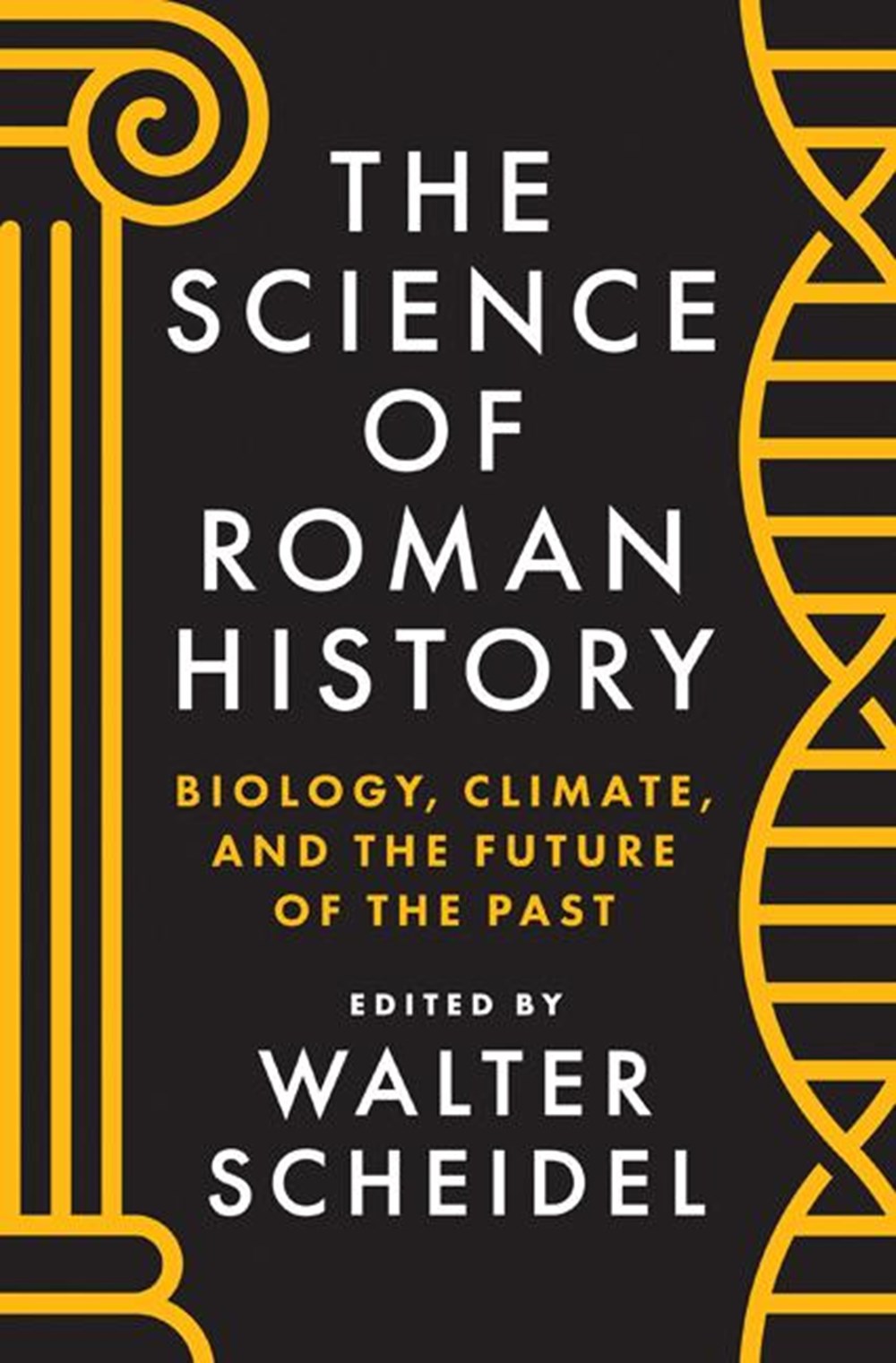How the latest cutting-edge science offers a fuller picture of life in Rome and antiquity This groundbreaking book provides the first comprehensive look at how the latest advances in the sciences are transforming our understanding of ancient Roman history. Walter Scheidel brings together leading historians, anthropologists, and geneticists at the cutting edge of their fields, who explore novel types of evidence that enable us to reconstruct the realities of life in the Roman world. Contributors discuss climate change and its impact on Roman history, and then cover botanical and animal remains, which cast new light on agricultural and dietary practices. They exploit the rich record of human skeletal material--both bones and teeth--which forms a bio-archive that has preserved vital information about health, nutritional status, diet, disease, working conditions, and migration. Complementing this discussion is an in-depth analysis of trends in human body height, a marker of general well-being. This book also assesses the contribution of genetics to our understanding of the past, demonstrating how ancient DNA is used to track infectious diseases, migration, and the spread of livestock and crops, while the DNA of modern populations helps us reconstruct ancient migrations, especially colonization. Opening a path toward a genuine biohistory of Rome and the wider ancient world, The Science of Roman History offers an accessible introduction to the scientific methods being used in this exciting new area of research, as well as an up-to-date survey of recent findings and a tantalizing glimpse of what the future holds.


